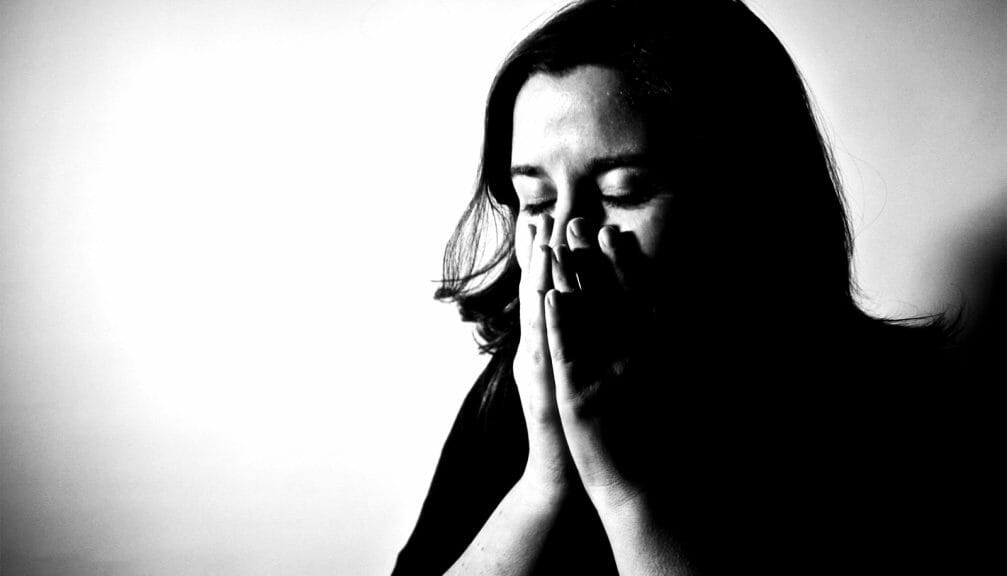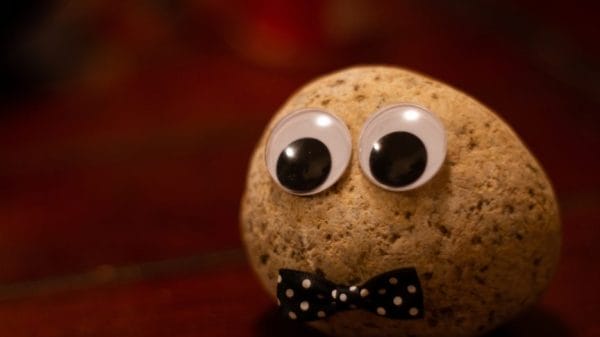Discussions on mental illness have greatly evolved in the past few decades. Understanding psychology and biological processes led to better treatments and wider public acceptance.
Still, there is great nuance within these conversations. Social media is an avenue of discourse on the topic of mental pain. Many choose to express their struggles through humor. Anxious or depressed individuals make light of everyday difficulties through a comedic skit. Others may take a more solemn approach, posting tearful selfies or describing their thoughts through text on an “aesthetic” background.
Many of these forms of expression have good intentions. They are a way for individuals to communicate their experiences and reach out to others who may share similar symptoms. However, the well-meaning of some does not stop others from promoting more harmful attitudes toward mental illness. Creators may romanticize mental illness, or make it appear desirable. The distinction between destigmatizing and romanticizing is blurry, causing controversy.
Destigmatizing Mental Illness
Discussions of mental illness in media can offer a sense of community. When celebrities are transparent about their struggles, those with deteriorating mental health may feel less alone.
According to the American Psychiatric Association, over half of people with mental illness do not receive help. This is possibly due to public, self, or institutional stigma. Yes, people can experience stigma even from their internal selves. One may believe they are inferior to more mentally healthy individuals, leading to low self-regard.
Thus, it is necessary to address this. A 1994 study on the stigma surrounding schizophrenia reported that knowing someone with a mental illness primarily determined a person’s perception of mentally ill individuals. The research urged for proper education surrounding psychological phenomena to combat this gap. In our modern times, social media offers a glimpse into the lives of others. By sharing personal experiences online, even comedically, a new pathway could open to sympathy and understanding.
One of my favorite mental health accounts on Instagram is @alegrakastens, a therapist specializing in obsessive-compulsive disorder. Kasten’s approach is both humorous and informational. Her content aims to educate the public and relate to those with OCD, creating a supportive virtual environment.
@alegrakastens The most irrational, illogical things can feel so real when you have OCD ? Sometimes people with OCD get stuck on “false memories” aka a “memory” of something that didn’t actually happen but sticks in the person’s mind #ocd #falsememories #ocdtok #pureo #intrusivethoughtscheck #obsessivecompulsivedisorder ♬ original sound – Iron.Insight
…and Romanticizing Mental Illness
Not all discussions on mental health are the same. Some depictions, even jokes, glamorize mental illness. A fairly common joke regards a desire to date people with psychological hardships. This usually causes more social media users to romanticize the idea of a person with mental illness, not understand the reality of their situation. A video by @fa1ree_p00p on TikTok depicts the creator reacting to these sentiments. They call out the original post for not realizing “mentally ill women act like mentally ill people”; they face difficulties others may find uncomfortable or distressing.
YouTube creator @OliSUNvia speaks of her past romanticizing mental illness in a video with 2.8 million views. She explains that, at eleven years old, she wanted distressing thoughts due to the glamorized portrayals on Tumblr. Olivia introduces the idea that society views those who suffer as “good.” If pain is “good,” then enjoyment is “evil.” According to this philosophy, suffering is something to strive for. This is a pattern that dates back centuries, according to her research.
It is important to note that this romanticization can result in serious outcomes. An example is the impact of 13 Reasons Why, a Netflix series about an adolescent girl who takes her own life. The show was highly criticized for an inaccurate depiction of suicidality. Studies even show that suicide rates significantly increased in children and teens aged 10 to 17 in the month following the show’s release. Poor representation of mental illness is not without consequences.
My Thoughts
As I finished watching Olivia’s video, I felt at a loss. She did not give a clear resolution to the issue. Instead, she pointed out the intricacies of the issue and her own uncertainty. How was I supposed to form my opinion without her conclusive input?
It dawned upon me. Maybe that is part of the issue. I view posts as the dictator of my own thoughts. Humans learn partially through imitation. As children, we use our parents as models. We learn from peers and authorities as we interact on a daily, noting acceptable beliefs and actions. Social media places itself within the ranks of these role models. It has not earned its spot, however. Consumers are not meant to imitate posts about personal experiences with mental illness. This content is self-expression. This distinction is hazy when online influencers are hailed as role models. Social media thrives on trends, no matter how dangerous. Looking up to algorithms and advertisements should not be encouraged.
Mental health is a necessary point of discussion. Openness and schooling are essential for progress. Still, we must remain mindful of how these conversations occur. The safety and well-being of the hurting must rise above the mysterious, alluring stereotype of romanticized mental illness.














